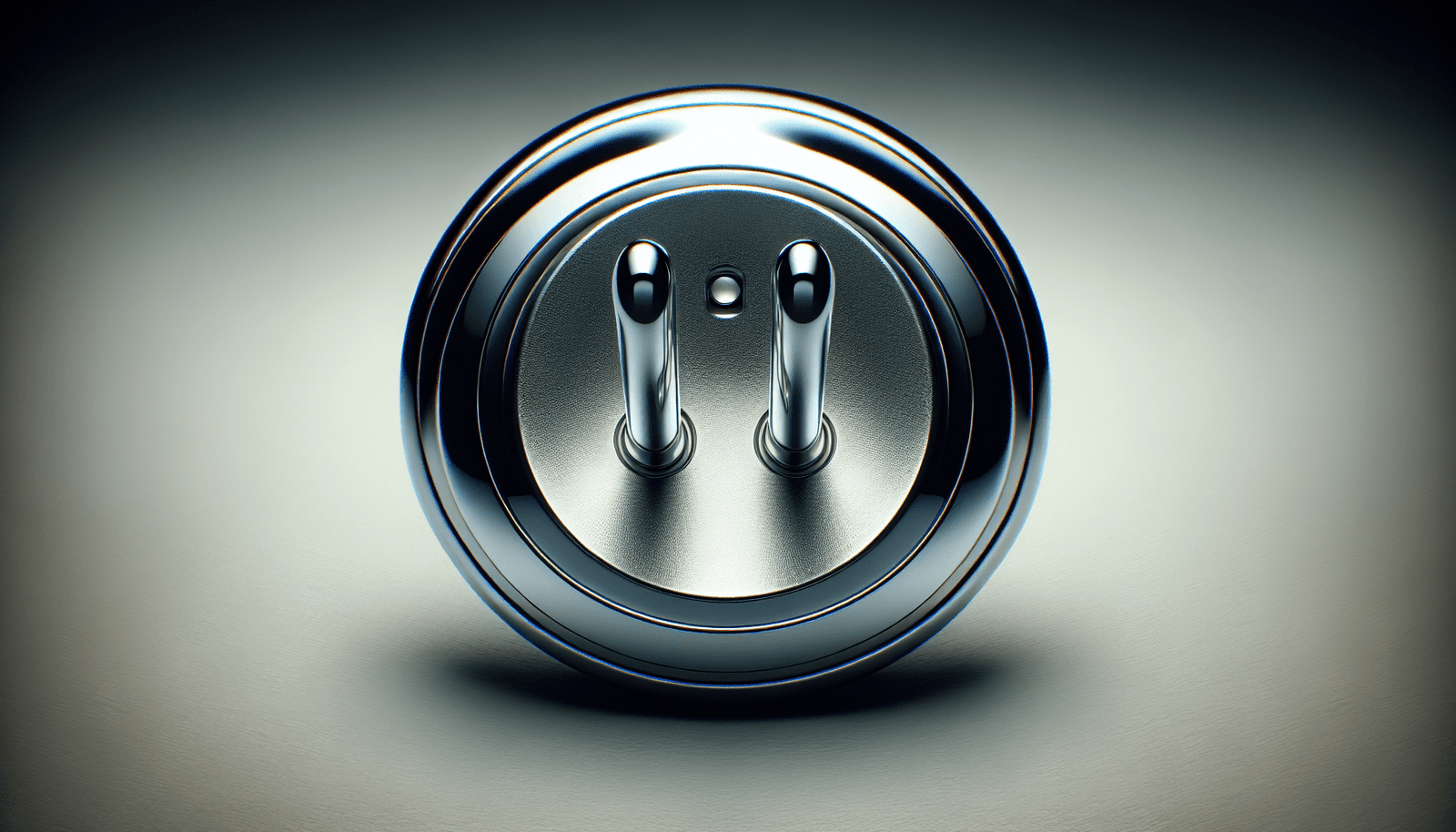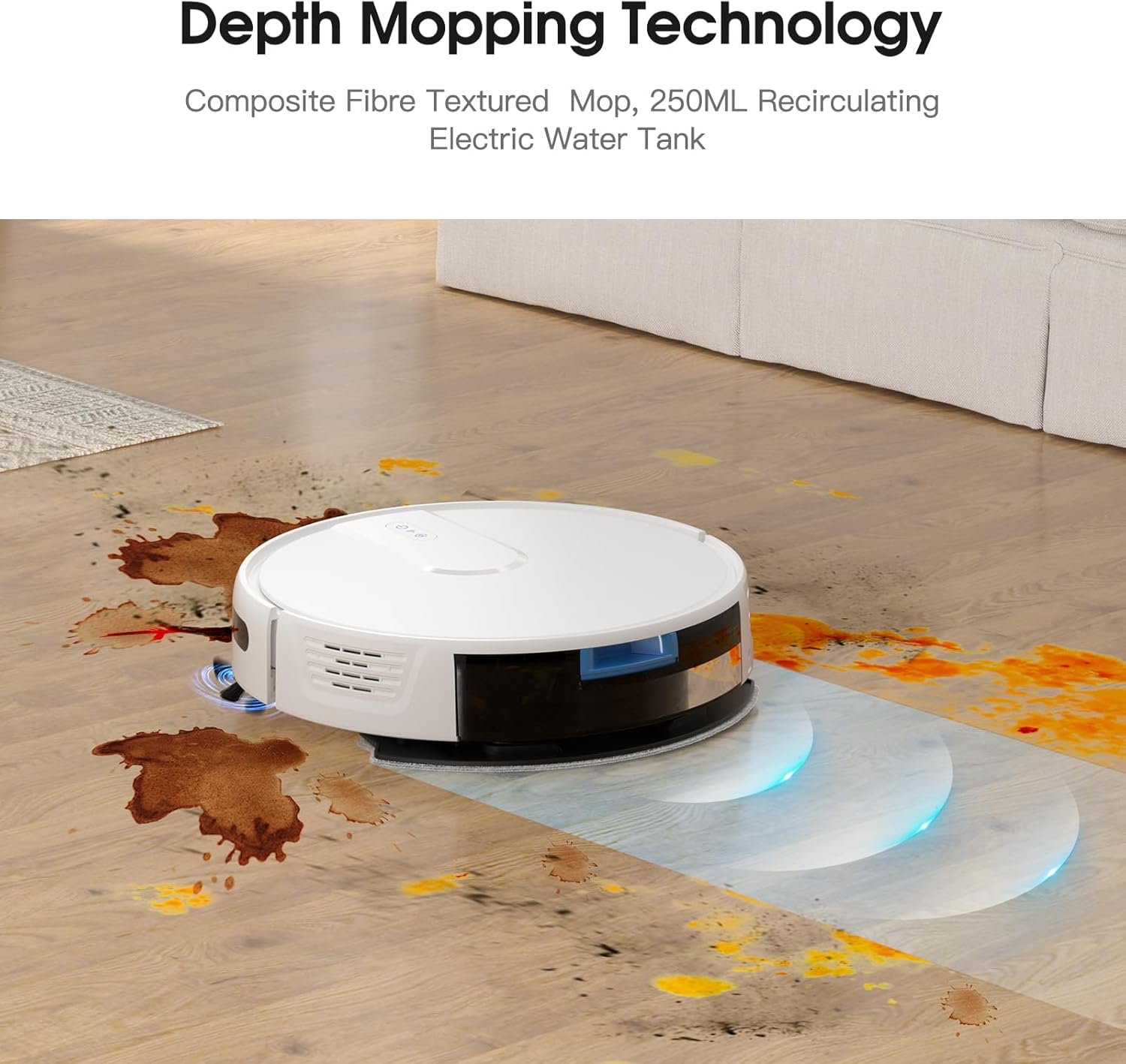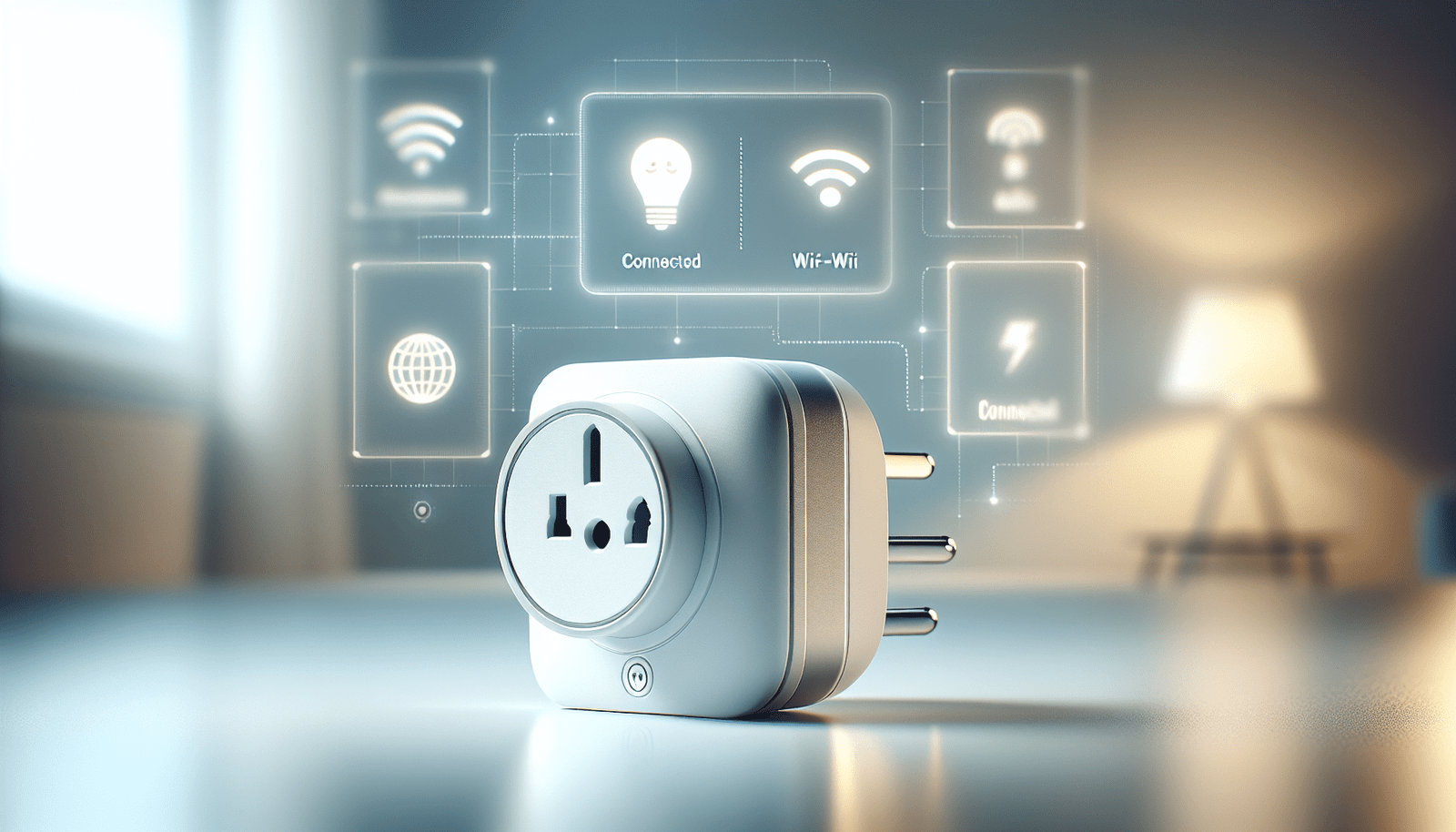Do you ever find yourself pondering over the little gadgets that power modern, automated homes? Among these, smart plugs might seem like a perfect match for their convenience and energy-saving promises, but not everything is always perfect, is it? Here we’ll explore the other side of the coin and address the question: What are the disadvantages of smart plugs?
By examining the limitations, potential concerns, and considerations for these devices, you can make an informed decision on whether smart plugs are the best fit for your needs. Whether you’re a homeowner keen on integrating smart technology, a renter seeking an easy upgrade, or simply curious about automating your daily tasks, there’s a lot to learn.
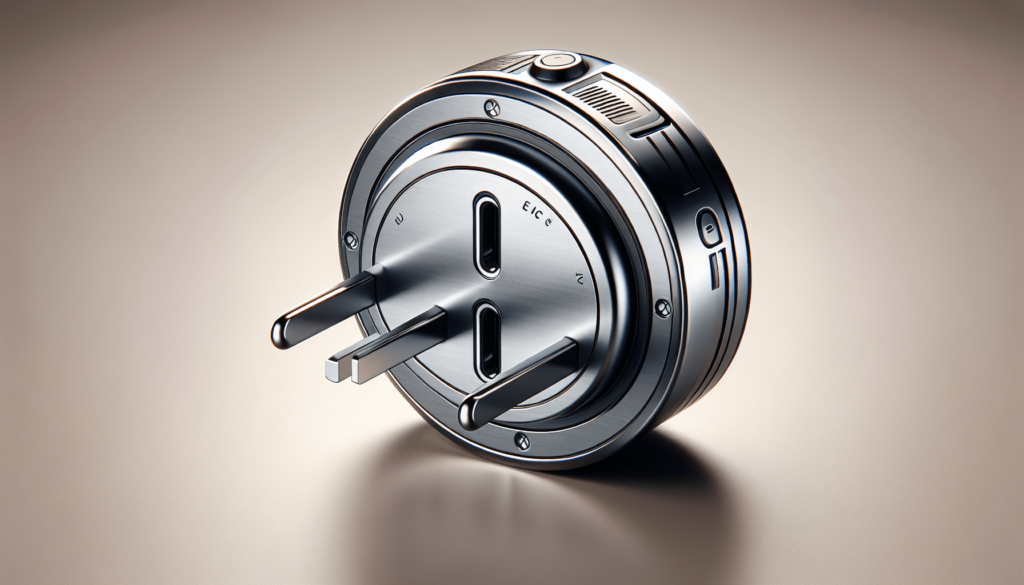
Understanding Smart Plugs
Before diving into the disadvantages, it’s important to understand what smart plugs are and how they function. These devices essentially act as a bridge between your electrical outlet and the device you wish to control, such as a lamp or a fan. They connect to your home’s Wi-Fi network, allowing you to control plugged-in devices using a smartphone app or voice commands through assistants like Alexa or Google Assistant.
Benefits: What Attracts Users to Smart Plugs?
The allure of smart plugs largely stems from their potential for energy savings, convenience, and ease of use. They can automate the on/off cycle of devices, monitor energy usage, and offer remote control capabilities which make them particularly appealing for tech enthusiasts and energy-conscious individuals. However, as we proceed, you’ll see that these benefits come with their own set of challenges.
Potential Disadvantages of Smart Plugs
While smart plugs offer a range of clever features, there are notable disadvantages and limitations that need consideration. These may impact your user experience and influence your decision to incorporate them into your routine.
Reliability and Connectivity Issues
One area of concern is the reliance on Wi-Fi connectivity for functionality. A smart plug’s effectiveness is contingent on a robust and consistent internet connection. If your Wi-Fi is unstable, you may experience disruptions in communication between the plug and your control device. This could lead to delayed responses, or worse, failure to execute scheduled tasks.
How to Mitigate Connectivity Issues
It’s advisable to ensure your home network is strong and consider smart plugs that offer good compatibility with your router specifications. Look for dual-band connectivity options as some plugs only work on 2.4 GHz frequencies which might lead to congestion.
Security Concerns
The potential for security vulnerabilities is another significant disadvantage of smart plugs. Like any device connected to the internet, smart plugs can become targets for hackers. There have been reported instances where cybercriminals exploited unsecured smart devices to gain access to home networks, raising privacy concerns.
Enhancing Security for Smart Plugs
To safeguard your devices, always use strong, unique passwords, and keep the device firmware updated. Opting for reputable brands and models with well-reviewed security features can also reduce risks. Considering smart plugs that offer encrypted connections is a step toward enhanced security.
Energy Consumption and Savings
Ironically, the very devices designed to help save energy might contribute to consumption, albeit slightly. Smart plugs consume a small amount of electricity to maintain their connection to your network. Although this is relatively minor compared to older devices, it is worth noting, especially if energy savings are a primary goal.
Understanding the Energy Cost
The energy usage of a smart plug is negligible individually but can add up depending on the number of devices you have in use. Regularly monitoring your energy usage through the app can give you insights into whether the control these plugs offer justifies the additional energy expenditure.
Compatibility and Integration
Compatibility issues may arise when integrating smart plugs with existing smart home systems. Not all smart plugs play well with all voice assistants or home automation systems, which can restrict functionality or require additional hubs.
Ensuring Compatibility
Before purchasing, verify the compatibility of the smart plug with your existing smart home ecosystem. Some manufacturers provide detailed compatibility matrices to help you choose a plug that will integrate smoothly with your present devices and systems.
Cost Considerations
Smart plugs vary widely in price and, while typically affordable, can become expensive when outfitting an entire home. Some advanced models come with features like energy monitoring, surge protection, or usage analytics that add to the cost.
Weighing the Initial Investment
Consider the long-term benefits against the upfront costs. While the savings accrued from better energy management might justify the initial expense, it’s imperative to evaluate whether the features of pricier models are necessary for your personal needs.
Comparison: Smart Plugs vs. Traditional Plugs and Smart Switches
To fully comprehend whether smart plugs are suitable for you, consider how they compare with other options like traditional plugs and smart switches.
Traditional Plugs
Traditional plugs offer none of the smart functionality, requiring manual operation and lacking features like remote control or automation. However, they are devoid of the connectivity and security concerns associated with smart plugs.
Smart Switches
Smart switches expand the concept of control to an entire fixture rather than individual devices. However, they often require more complex installation than simply plugging a device in. Smart switches might be less flexible if you frequently move or change devices you wish to manage smartly.
Troubleshooting Common Smart Plug Issues
Connection Problems
For those new to smart technology, connectivity problems can be frustrating. Common issues include routers not recognizing the plug, heavy network traffic clogging, or failure in setup protocols.
Tips for Resolving Connection Issues
Start with ensuring the smart plug is within range of your Wi-Fi network and remove interference from other devices. Resetting the plug often resolves many connection problems. Check the manufacturer’s website or app for specific troubleshooting steps.
Device Not Responding
Another common issue is when a device stops responding. This can occur if there’s an interruption in power to the plug or updates are needed.
Steps for Restoration
First, ensure there’s power provided to the plug. If that’s not the issue, restart your router and the plug. Checking for firmware updates may also resolve unresponsive devices.
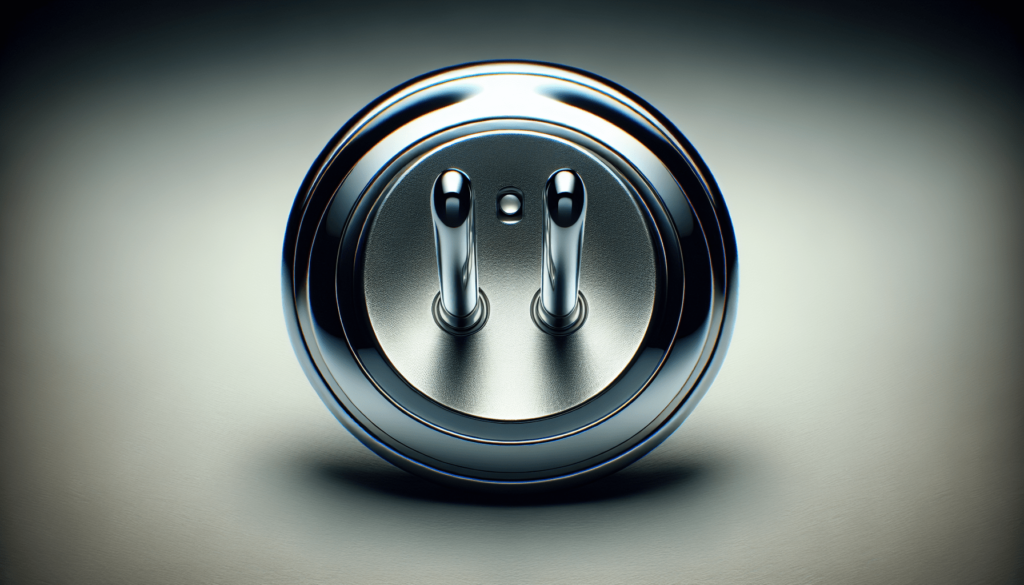
Future Trends in Smart Plug Technology
While current technology certainly has its limitations, the future of smart plugs is promising. Innovations are expected in areas like improved energy efficiency, enhanced integration, and superior security features. Industry trends suggest more comprehensive home automation systems where smart plugs could seamlessly integrate without the need for additional hubs.
Choosing the Best Smart Plug
Selecting the right smart plug involves balancing simplicity, cost, and capabilities. Conduct thorough research into different brands, read reviews, and perhaps start with a single unit before investing in outfitting your entire home.
Criteria for Selection
- Compatibility: Ensure it works with your home ecosystem.
- Features: Evaluate which features are essential for your needs.
- Cost: Consider if a higher price offers benefits significant to your requirements.
- Security: Opt for well-reviewed devices with encryption and regular updates.
Making a Smart Decision
In summary, while smart plugs are an innovative technology with tangible benefits, understanding their disadvantages is crucial for making an educated purchase. Consider how they align with your home and lifestyle needs, measure the drawbacks against the convenience and cost savings they offer.
With careful deliberation, smart plugs can effectively enhance your smart home setup without compromising on security or incurring hidden expenses. Whether they ultimately fit into your environment depends on how well you can mitigate their limitations and utilize their strengths.
Disclosure: As an Amazon Associate, I earn from qualifying purchases.
